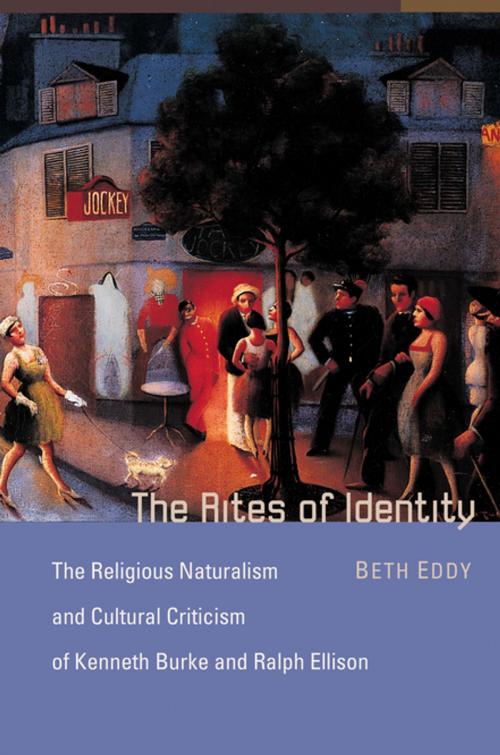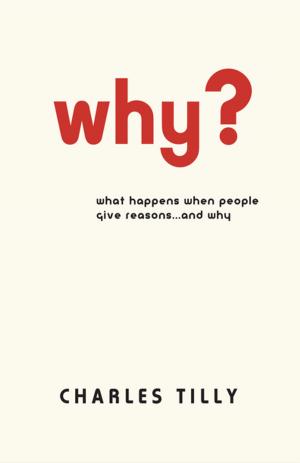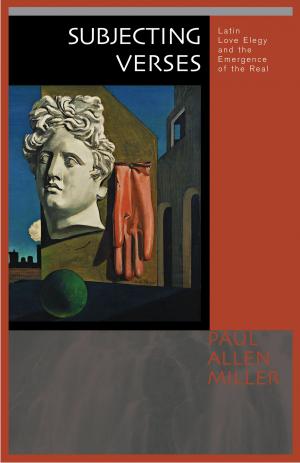The Rites of Identity
The Religious Naturalism and Cultural Criticism of Kenneth Burke and Ralph Ellison
Fiction & Literature, Literary Theory & Criticism, American| Author: | Beth Eddy | ISBN: | 9781400825769 |
| Publisher: | Princeton University Press | Publication: | January 10, 2009 |
| Imprint: | Princeton University Press | Language: | English |
| Author: | Beth Eddy |
| ISBN: | 9781400825769 |
| Publisher: | Princeton University Press |
| Publication: | January 10, 2009 |
| Imprint: | Princeton University Press |
| Language: | English |
The Rites of Identity argues that Kenneth Burke was the most deciding influence on Ralph Ellison's writings, that Burke and Ellison are firmly situated within the American tradition of religious naturalism, and that this tradition--properly understood as religious--offers a highly useful means for considering contemporary identity and mitigating religious conflict.
Beth Eddy adds Burke and Ellison to a tradition of religious naturalism that traces back to Ralph Waldo Emerson but received its most nuanced expression in the work of George Santayana. Through close readings of the essays and fiction of Burke and Ellison, Eddy shows the extent to which their cultural criticisms are intertwined. Both offer a naturalized understanding of piety, explore the psychological and social dynamics of scapegoating, and propose comic religious resources. And both explicitly connect these religious categories to identity, be it religious, racial, national, ethnic, or gendered. Eddy--arguing that the most socially damaging uses of religious language and ritual are connected to the best uses that such language has to offer--finds in Burke and Ellison ways to manage this precarious situation and to mitigate religious violence through wise use of performative symbolic action.
By placing Burke and Ellison in a tradition of pragmatic thought, The Rites of Identity uncovers an antiessentialist approach to identity that serves the moral needs of a world that is constantly negotiating, performing, and ritualizing changes of identity.
The Rites of Identity argues that Kenneth Burke was the most deciding influence on Ralph Ellison's writings, that Burke and Ellison are firmly situated within the American tradition of religious naturalism, and that this tradition--properly understood as religious--offers a highly useful means for considering contemporary identity and mitigating religious conflict.
Beth Eddy adds Burke and Ellison to a tradition of religious naturalism that traces back to Ralph Waldo Emerson but received its most nuanced expression in the work of George Santayana. Through close readings of the essays and fiction of Burke and Ellison, Eddy shows the extent to which their cultural criticisms are intertwined. Both offer a naturalized understanding of piety, explore the psychological and social dynamics of scapegoating, and propose comic religious resources. And both explicitly connect these religious categories to identity, be it religious, racial, national, ethnic, or gendered. Eddy--arguing that the most socially damaging uses of religious language and ritual are connected to the best uses that such language has to offer--finds in Burke and Ellison ways to manage this precarious situation and to mitigate religious violence through wise use of performative symbolic action.
By placing Burke and Ellison in a tradition of pragmatic thought, The Rites of Identity uncovers an antiessentialist approach to identity that serves the moral needs of a world that is constantly negotiating, performing, and ritualizing changes of identity.















